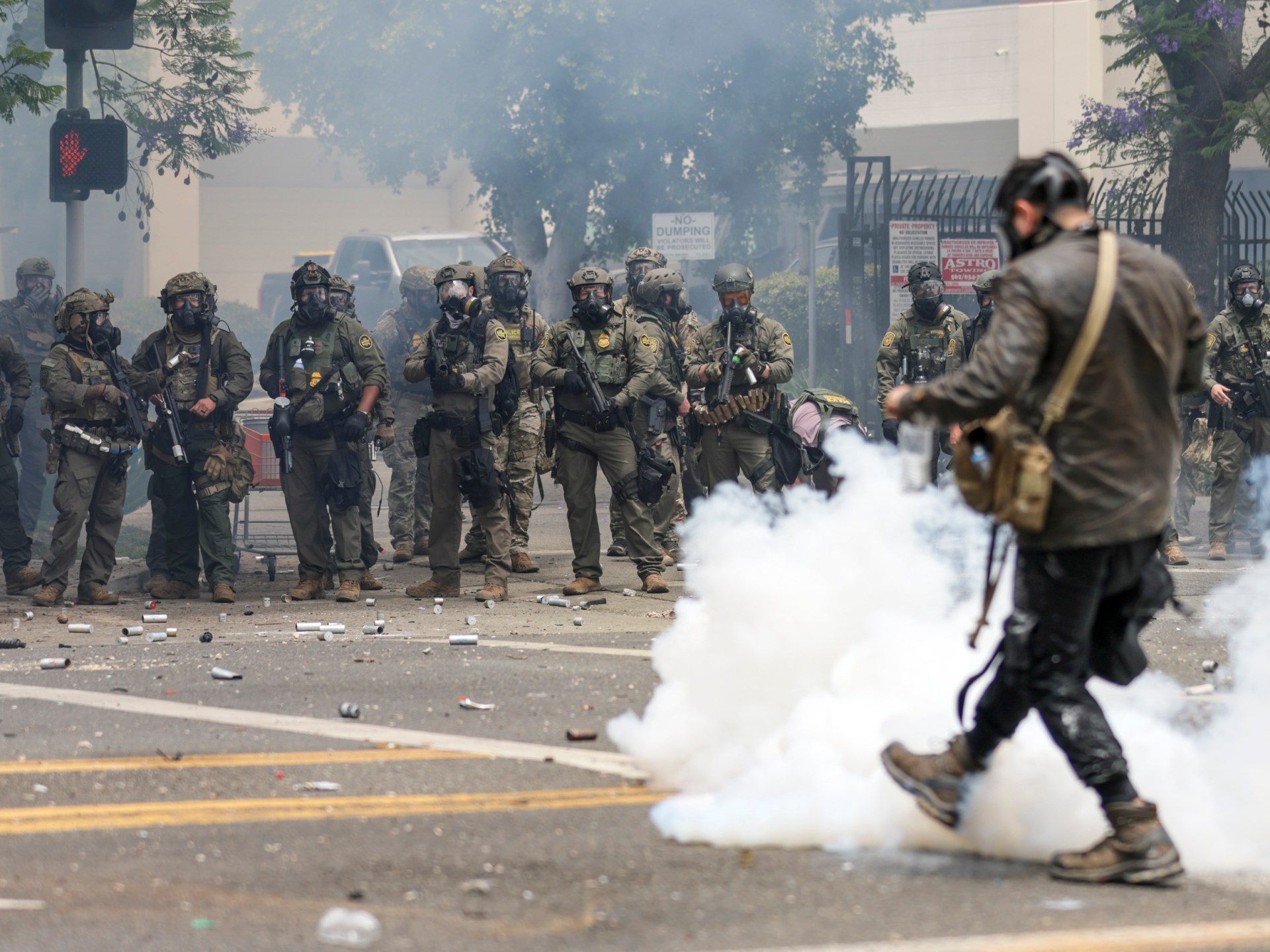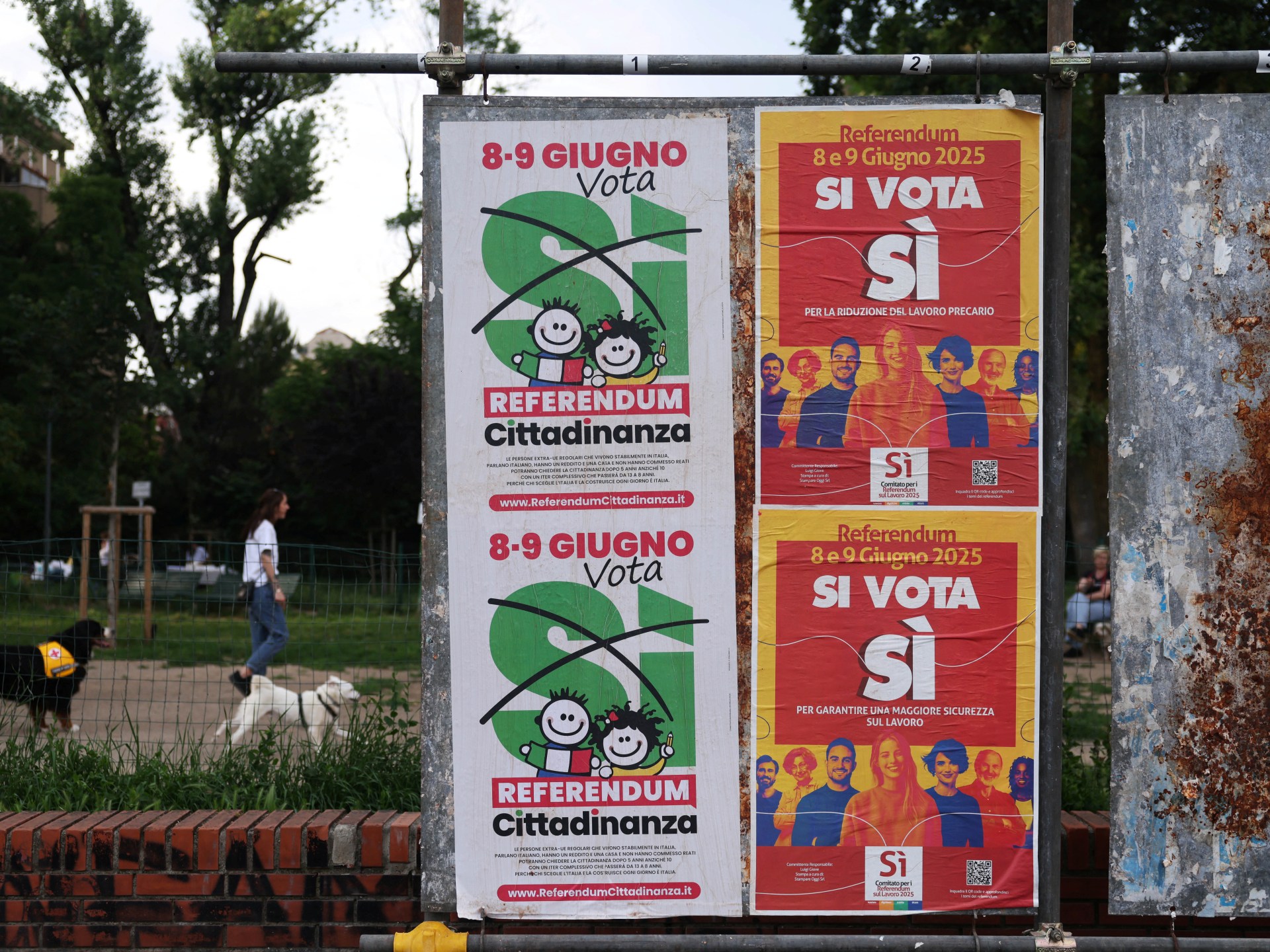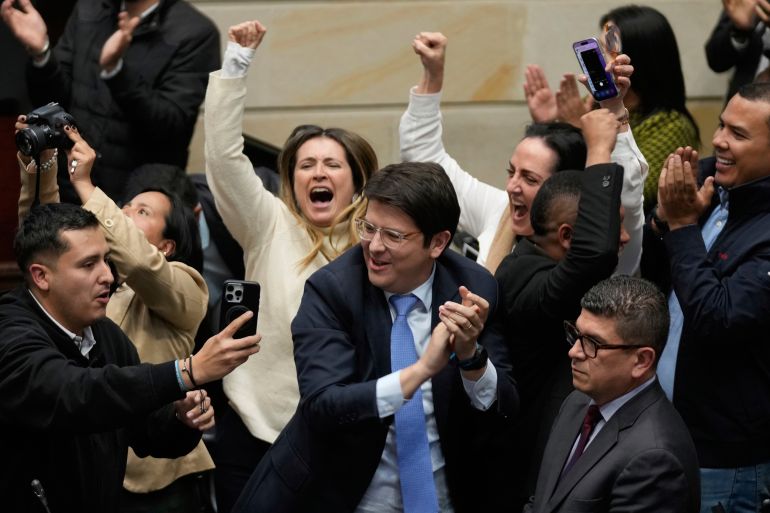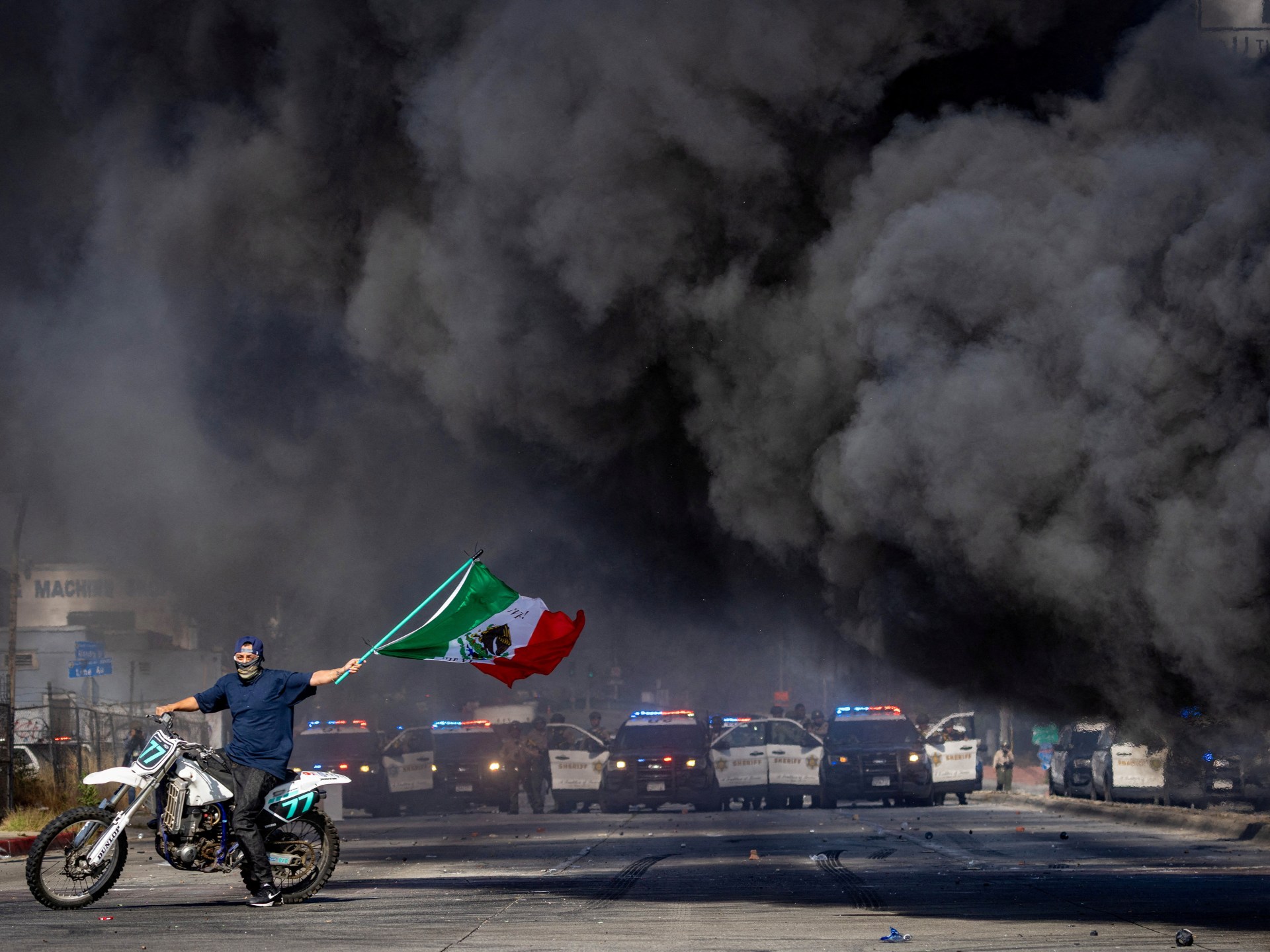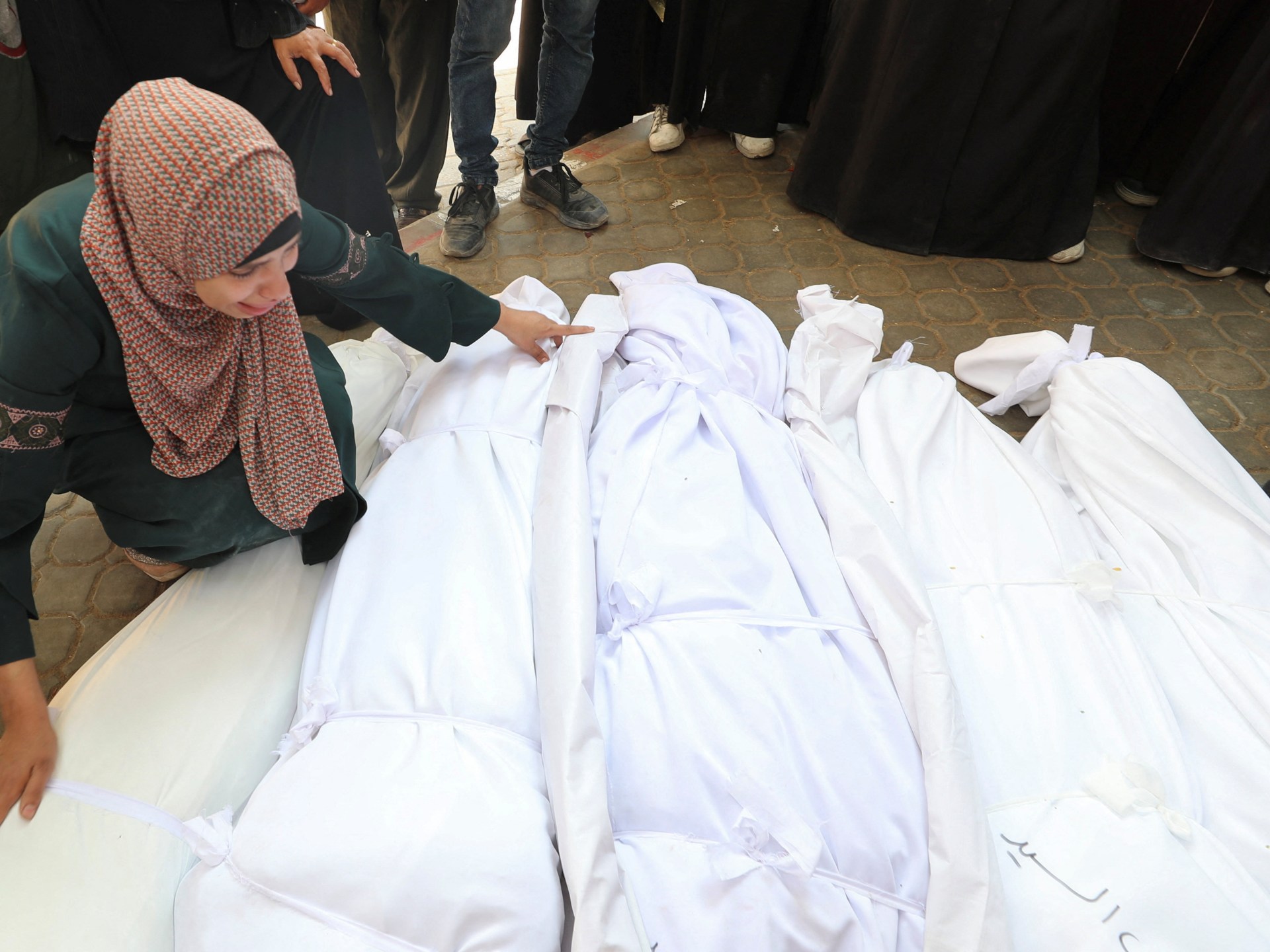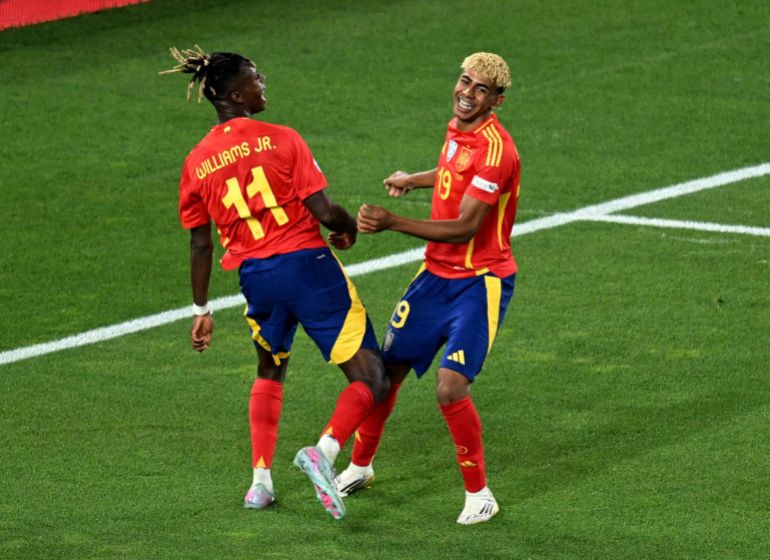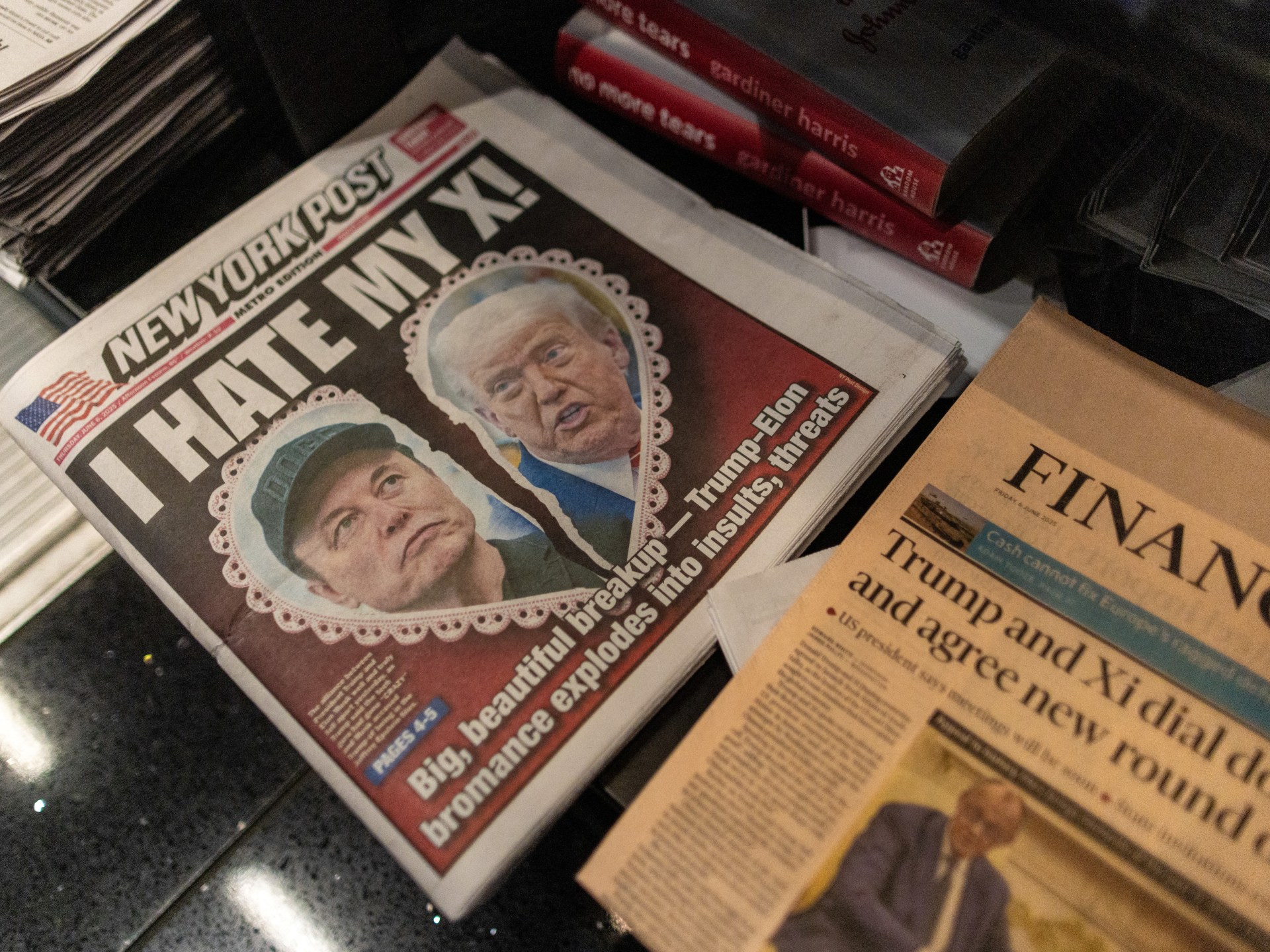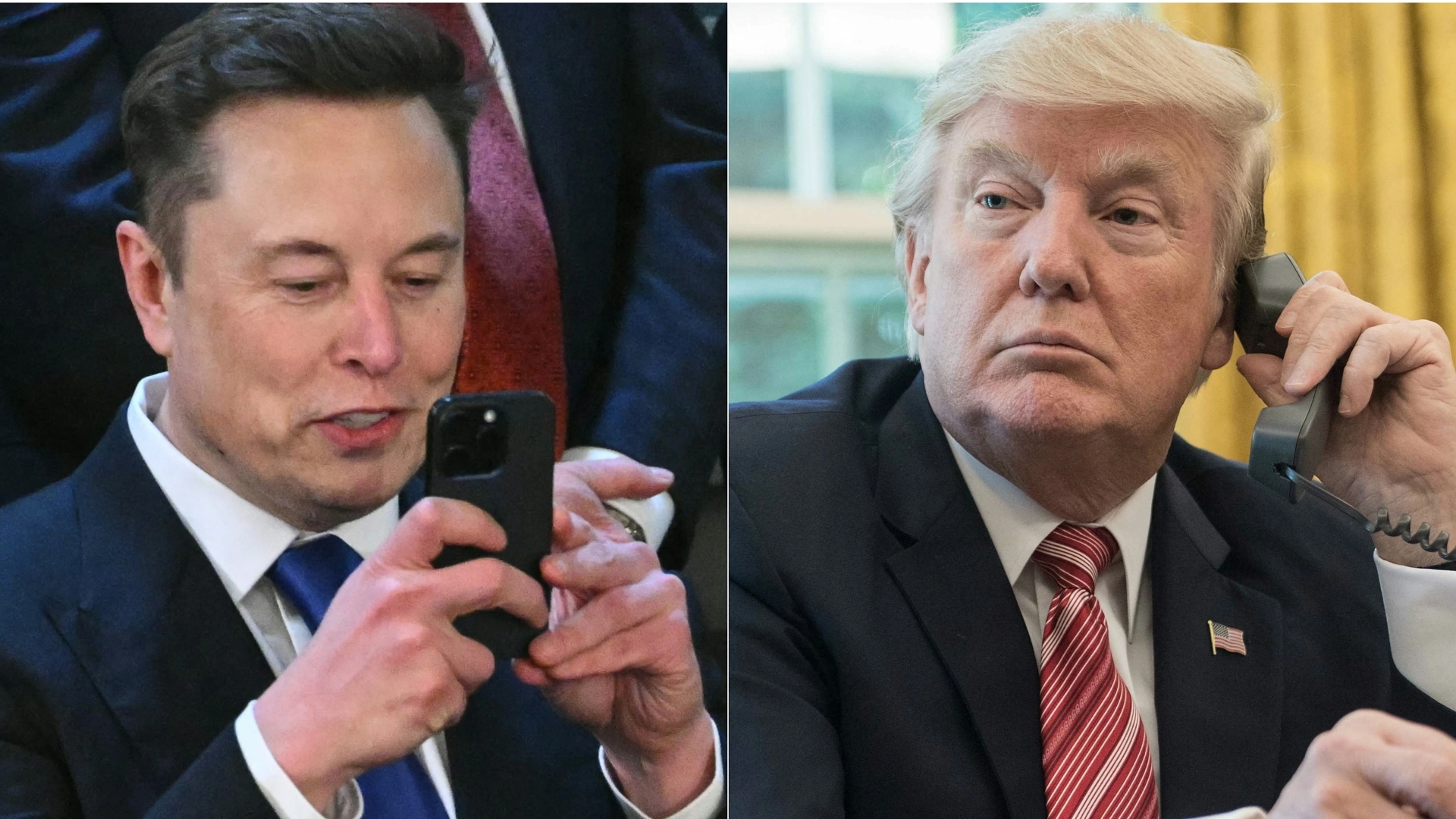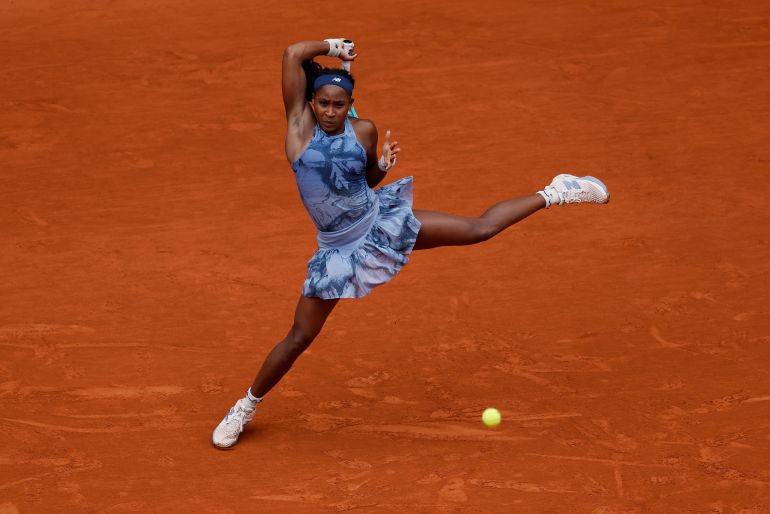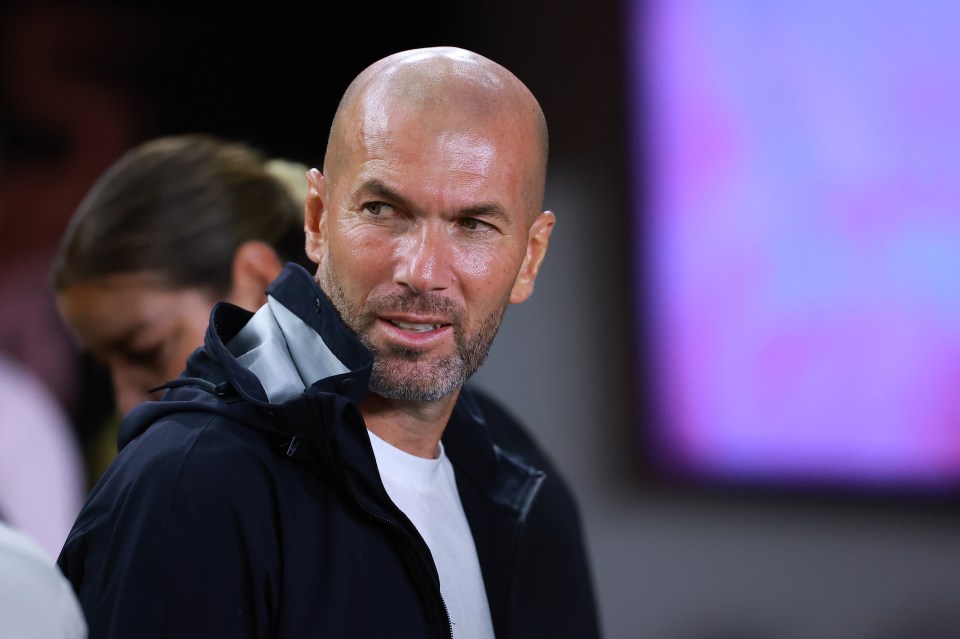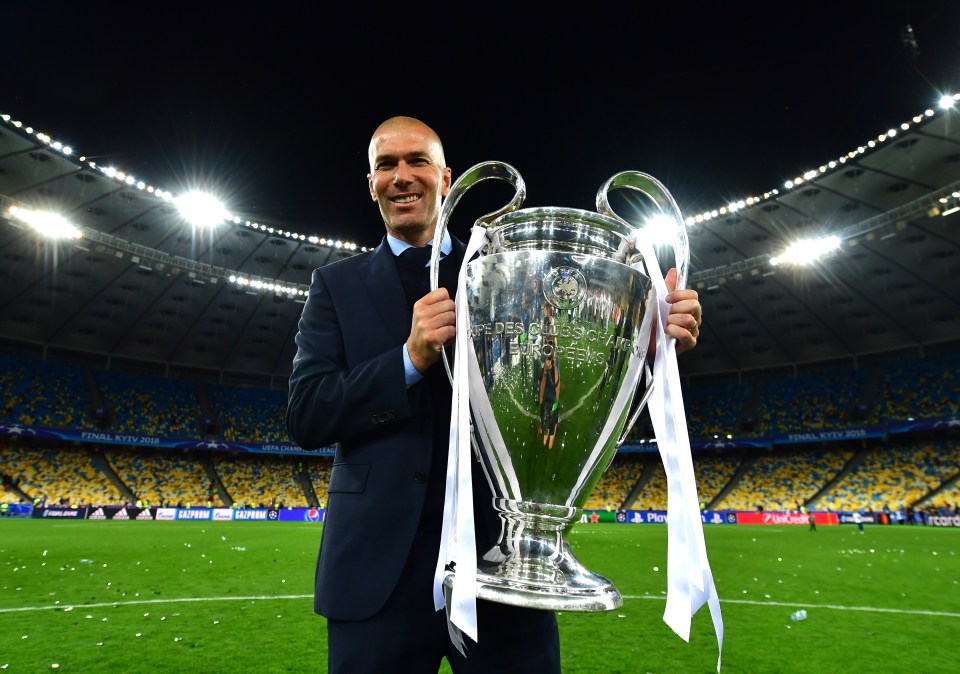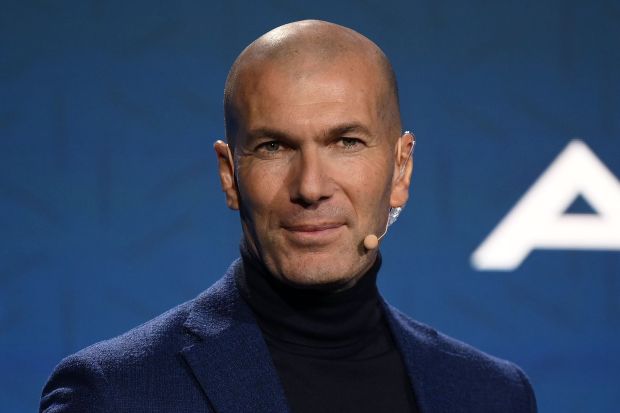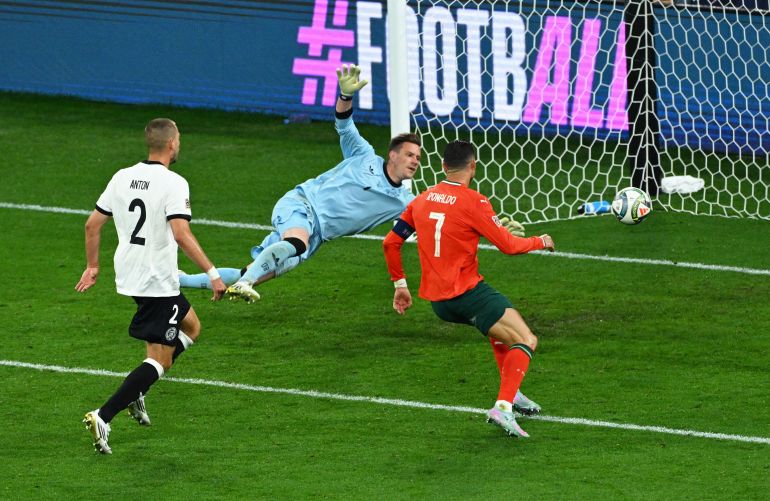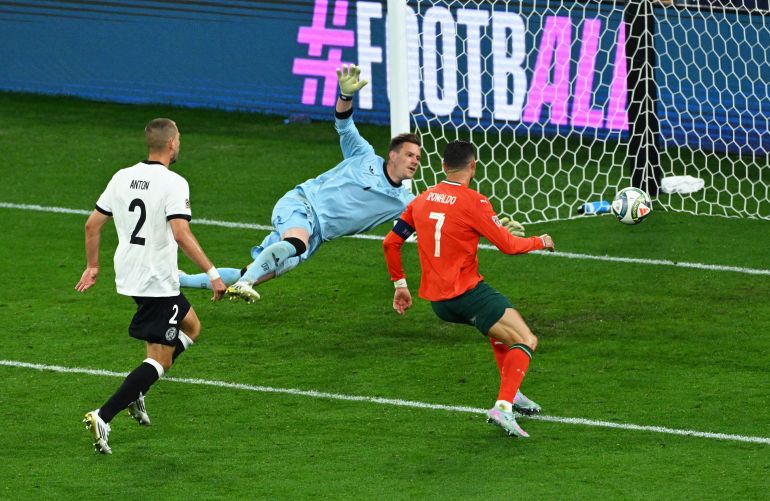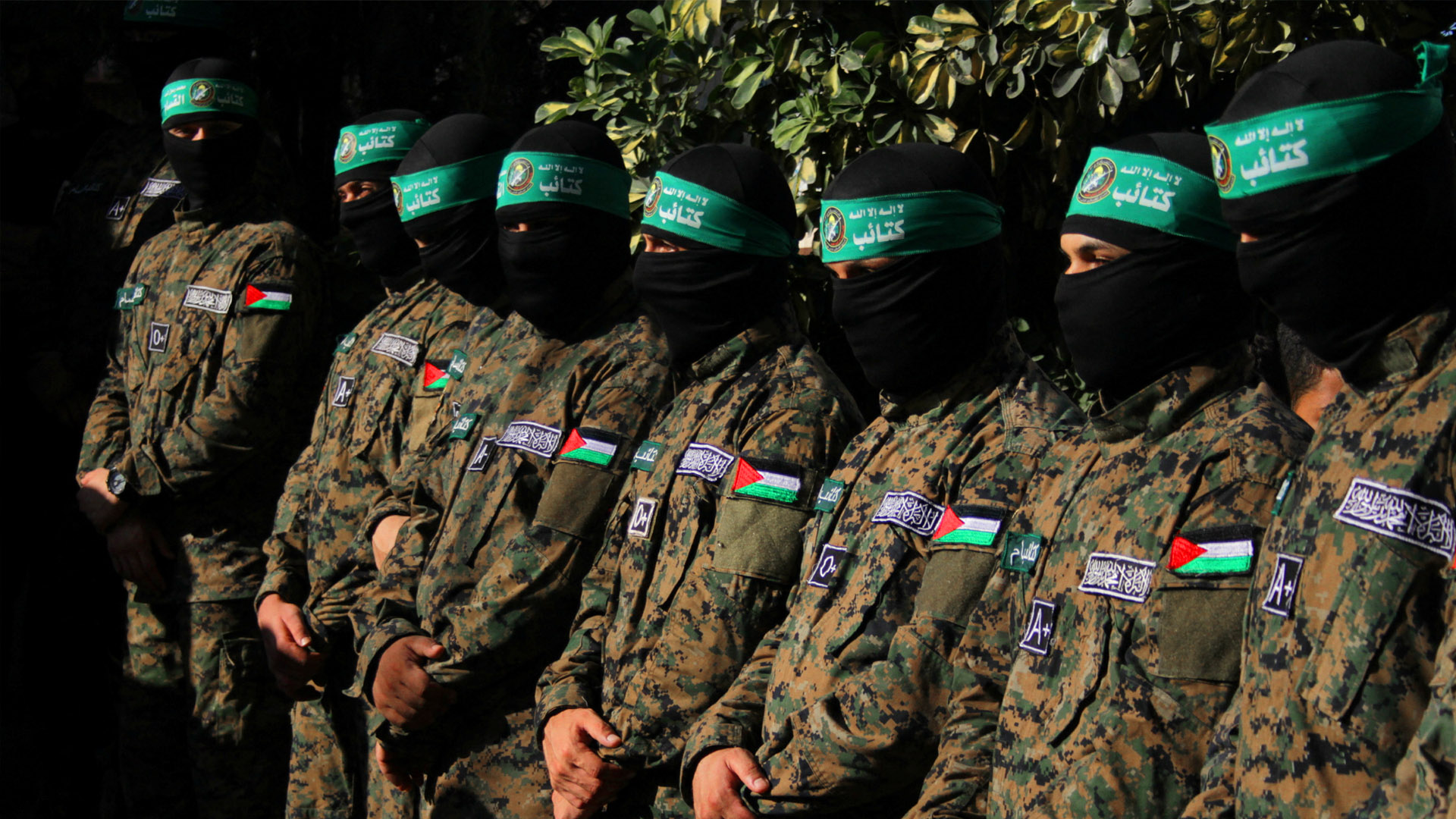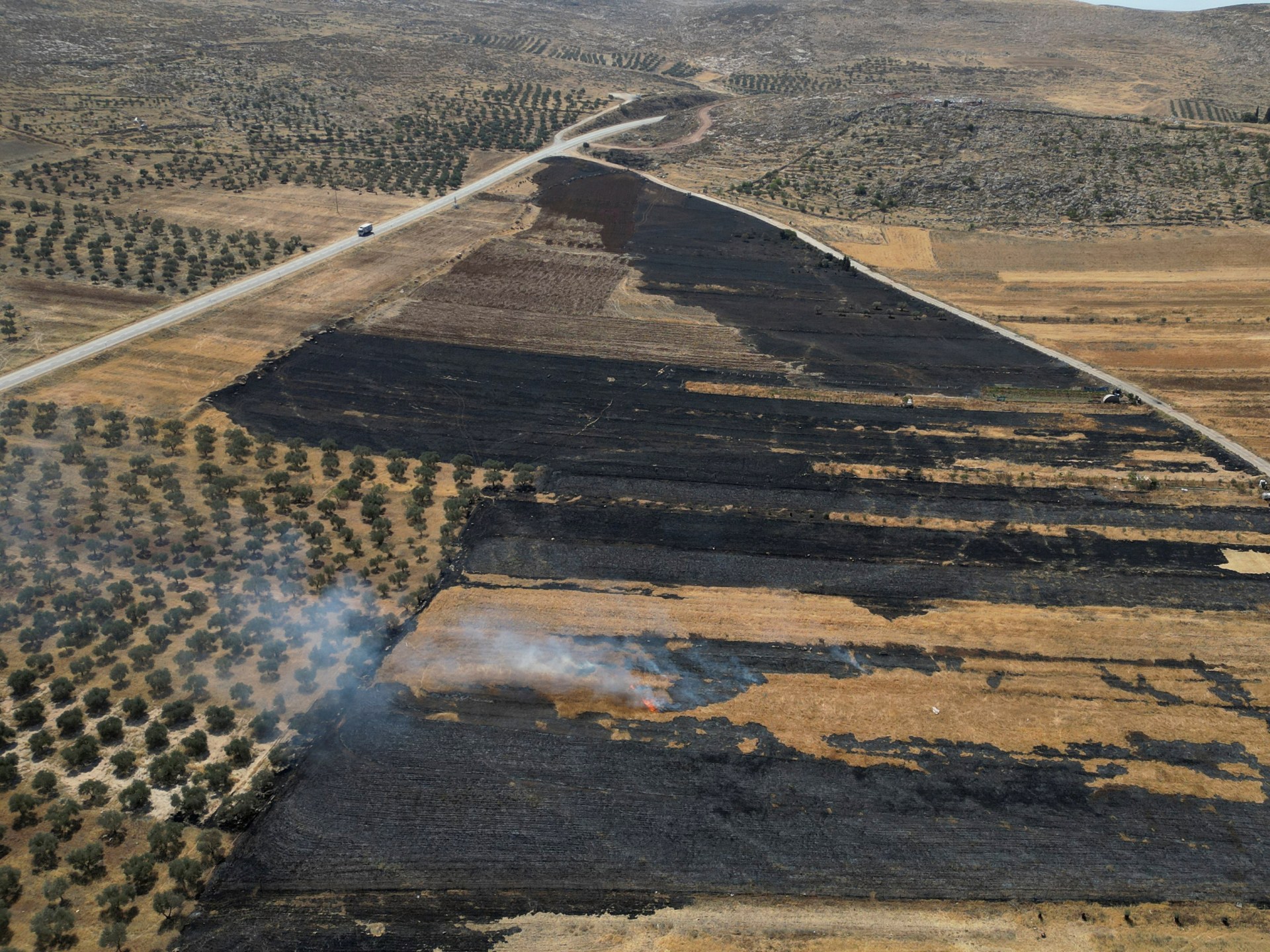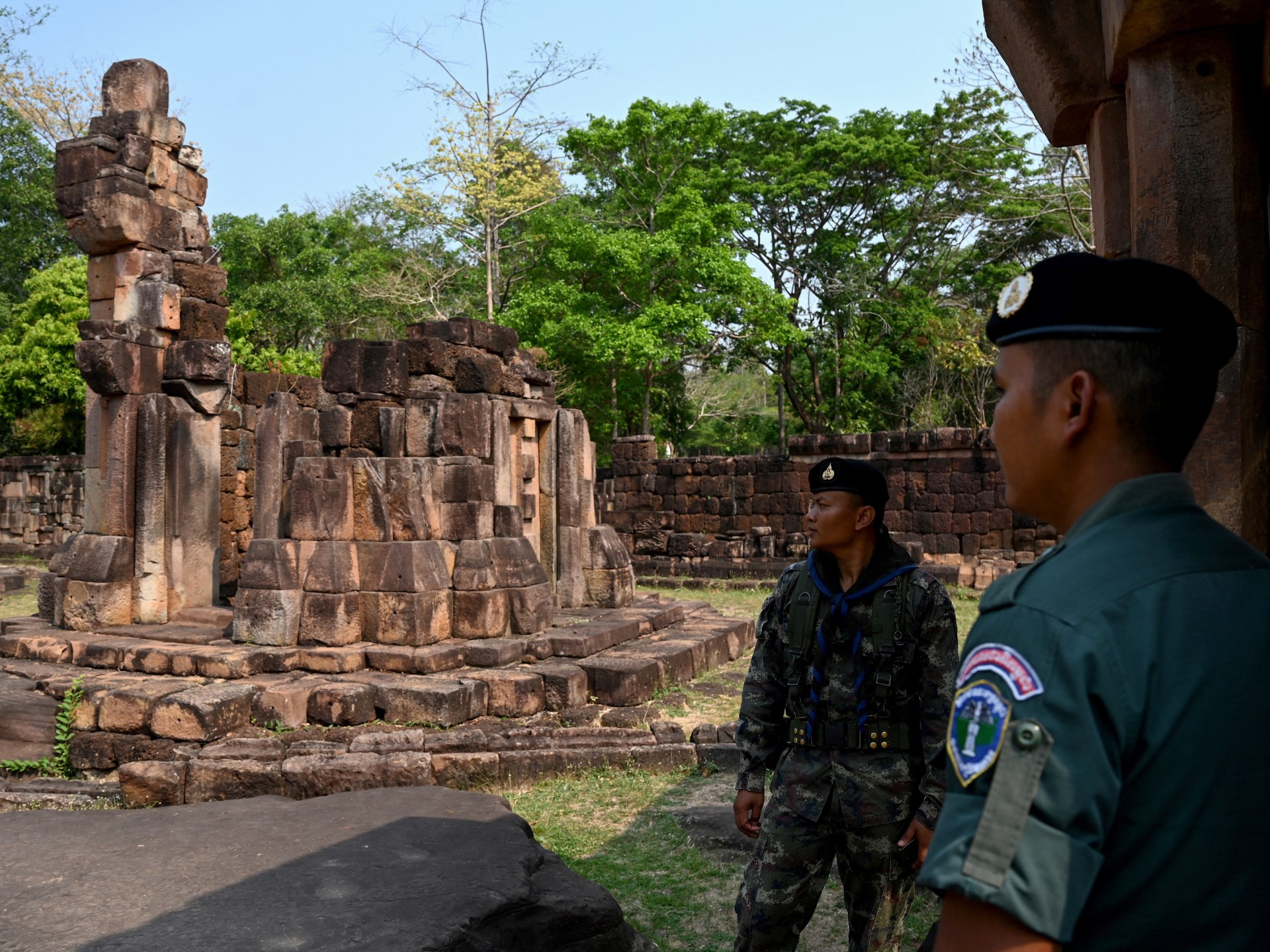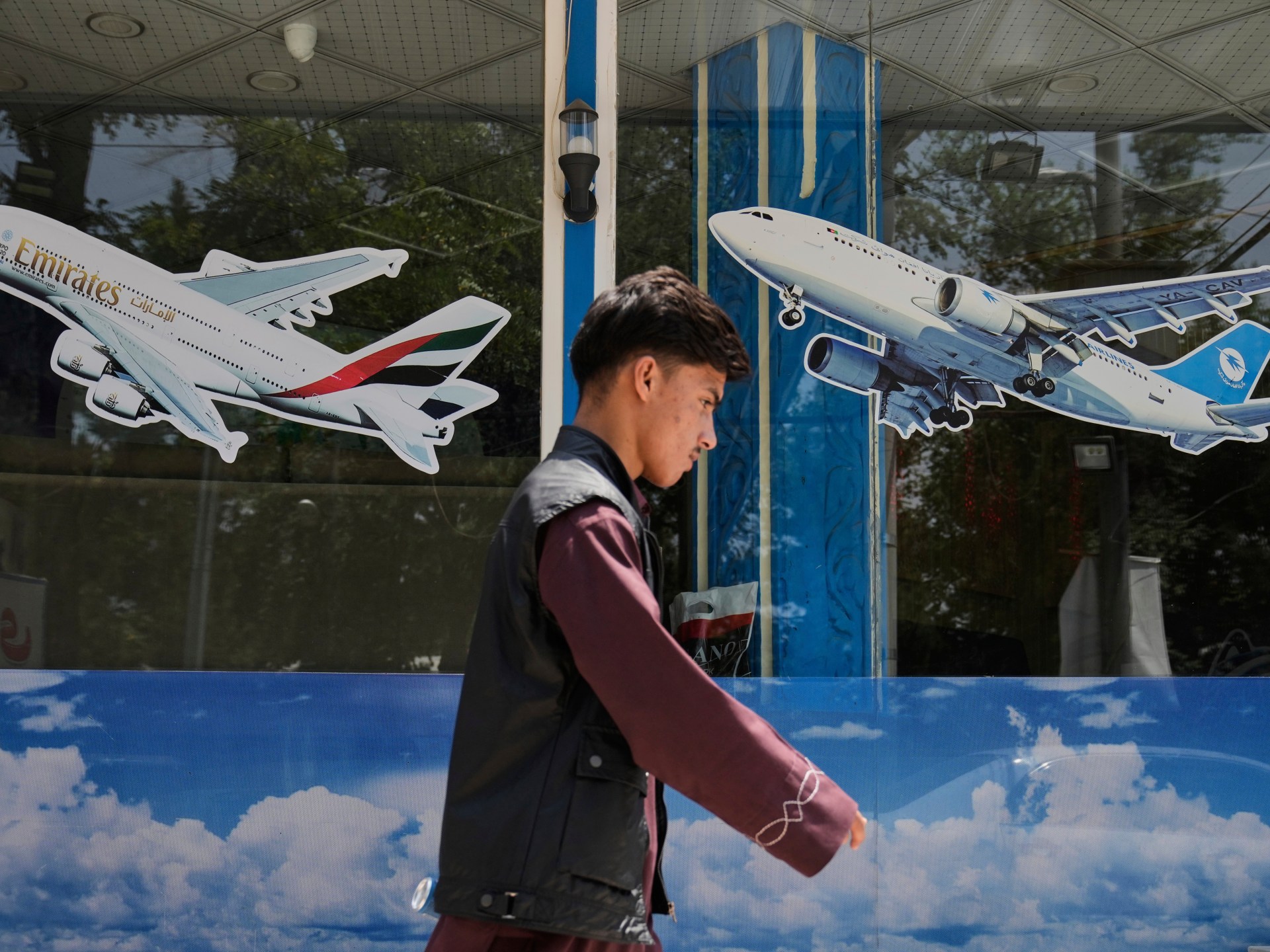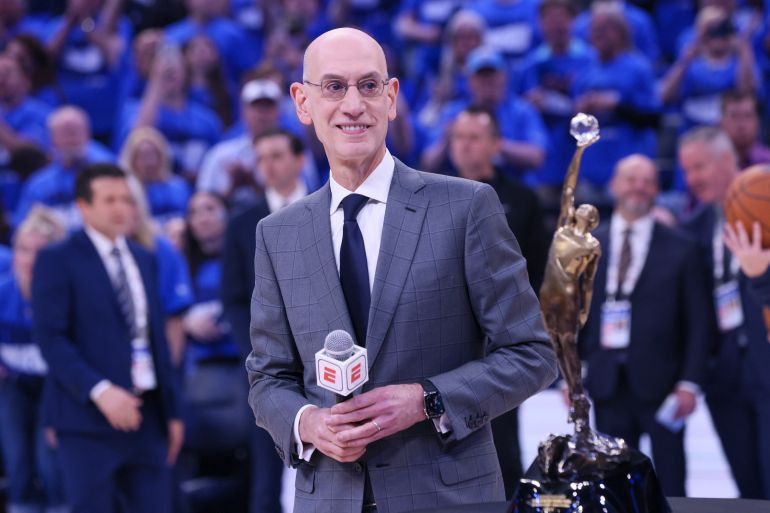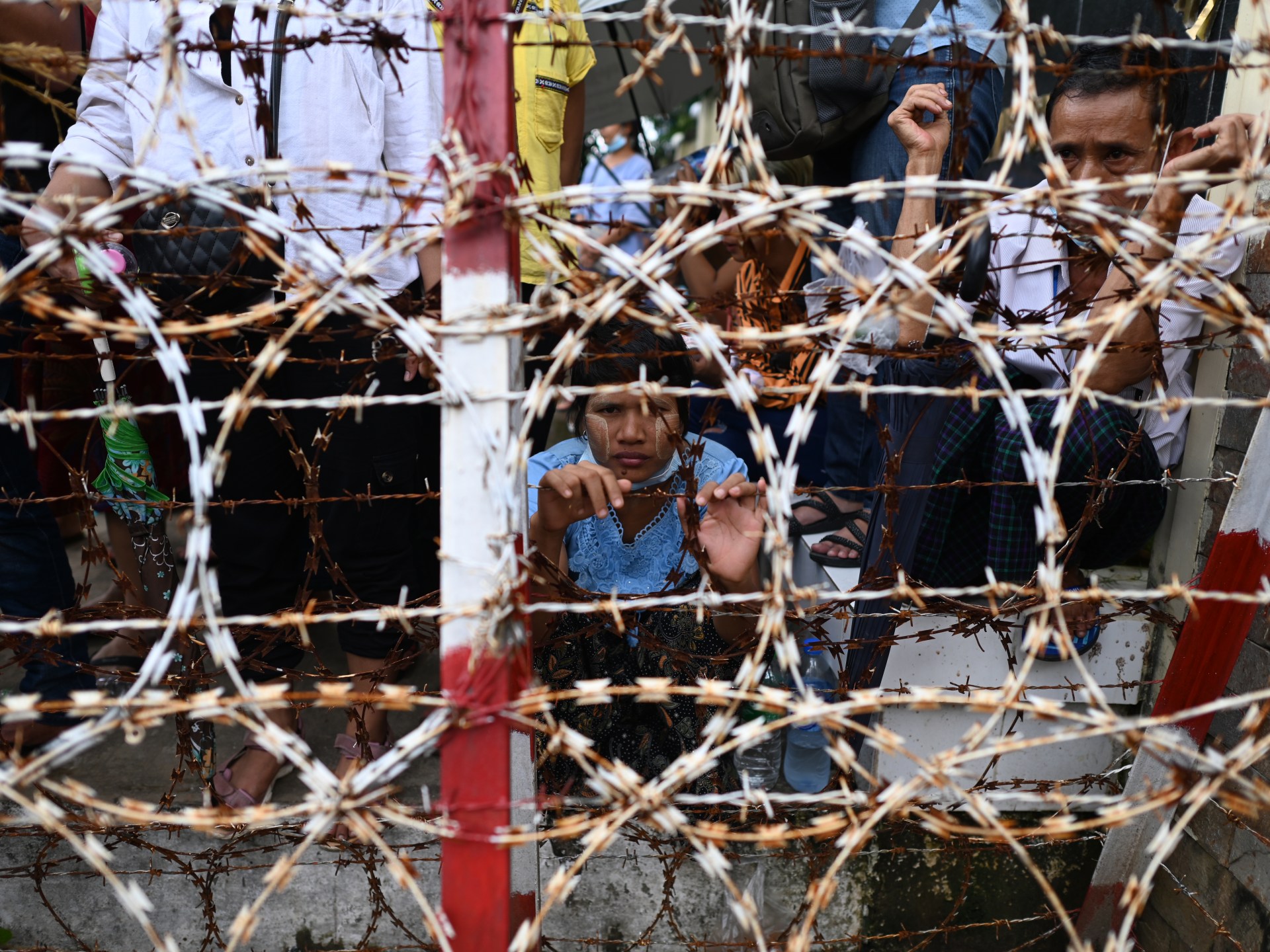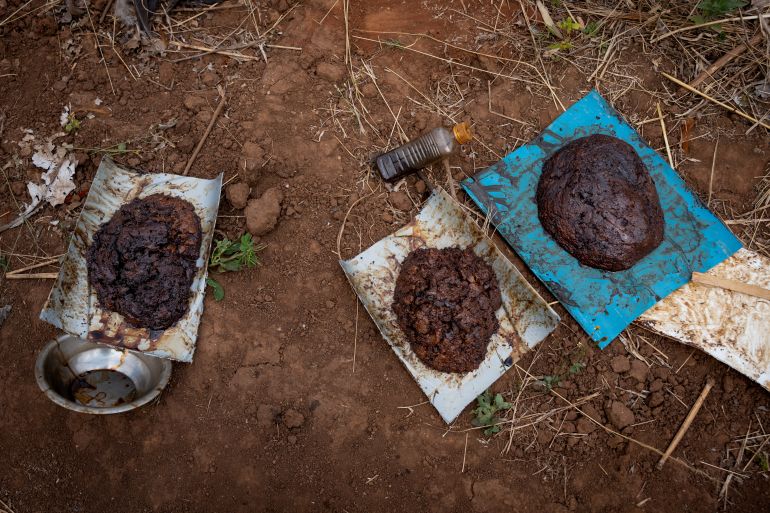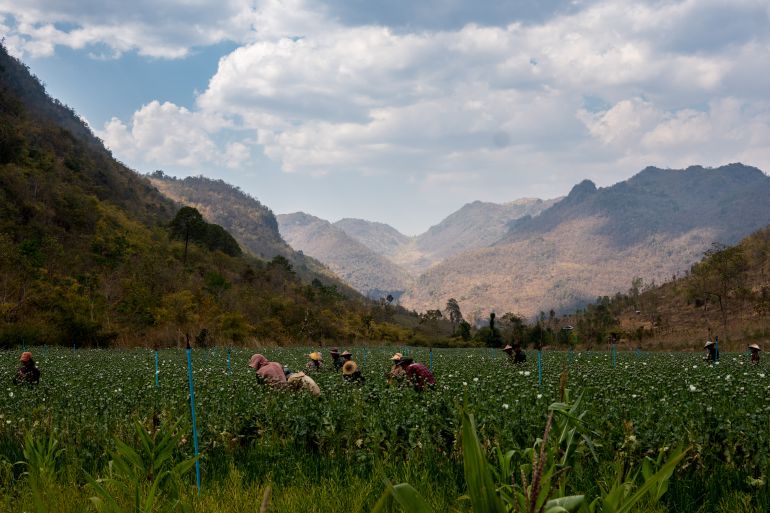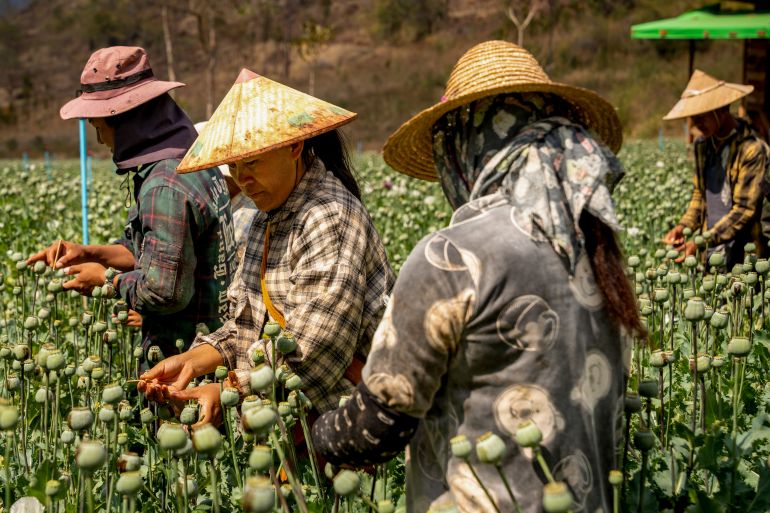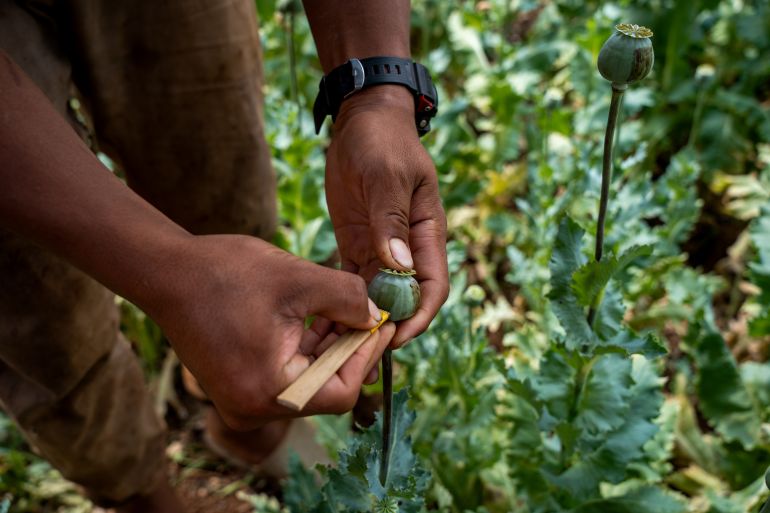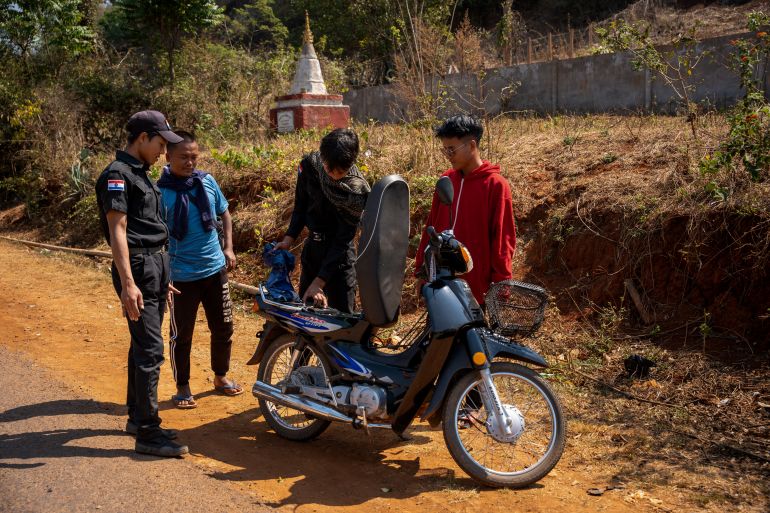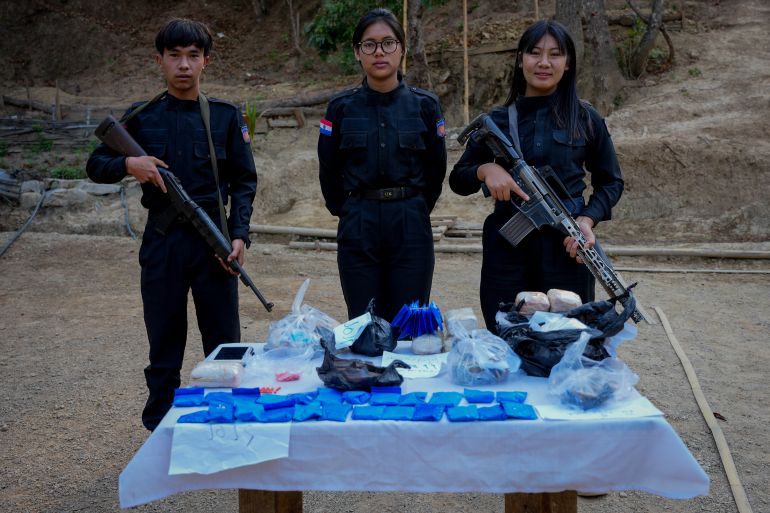In Italy, a choir of immigrants and locals tells the story of Venice | Arts and Culture
Prince, also known by his recording name Dellyswagz, heard about the choir through a friend who was a member when he first moved to Venice in 2017. He was a singer in Nigeria, and his friend told him it was a good community, that they could help him get settled. When he first arrived, they gave him clothes, helped him find work and provided him with legal assistance to begin the process of getting a visa.
He is now 38, soft-spoken, but when he sings, he sways with feeling, and belting the lyrics, his voice strains and nearly breaks. He dresses in blue-tinted sunglasses, a black leather newsboy cap and a full denim outfit. “Like a king,” he says, smiling.
Shortly after he was born, his parents split up, and his primary caregiver was his mother’s father, who he was very close to. When his grandfather died in 2011, Prince no longer had ties to the Lagos suburb where he grew up and in 2015 decided to cross the Sahara and the Mediterranean in search of a better life.
“Growing up a boy, your mom have to really pray a lot for you,” he explains. “Either you become a thug or a mafia.”
He lives in a shared apartment in Padua, 40km (25 miles) outside Venice, where he moved after losing his job in a factory and being evicted because he didn’t have his papers yet. His bedroom doubles as his recording studio, where on a cluttered desk with a large monitor, he is recording and producing Afrobeats songs for his first album.
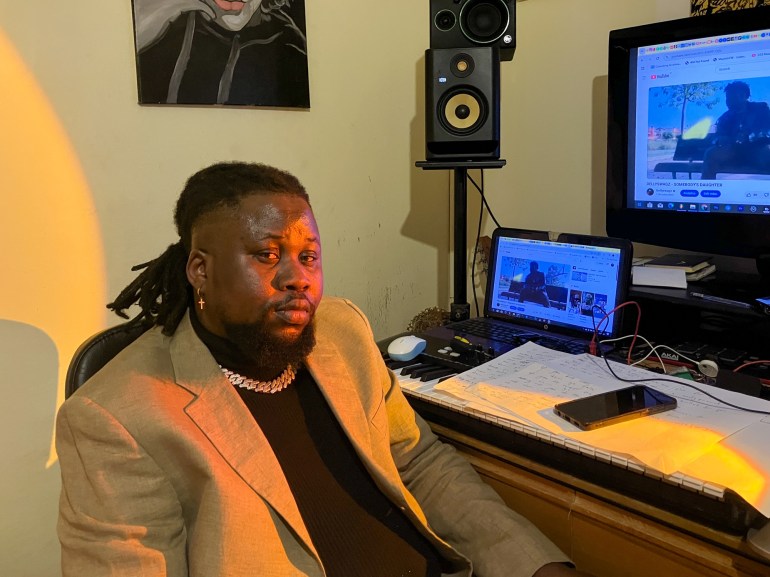
In Nigeria, he was a professional dance teacher, by most accounts successful, yet he felt there was no future there. Friends and family had already left, including his father, who lived in the United Kingdom, yet he didn’t consider leaving until his uncle, who was living in Austria, called and suggested he make the trip with his uncle’s wife and three cousins. Prince gave away his speakers, clothes and sneakers to his students. Along with his family, he saved up thousands of dollars. He brought nothing with him and told his parents he’d already made up his mind.
“The journey was deadly,” he says with a serious expression. “My story comes with a lot of pain and loss.”
The first three weeks were spent on a large open-backed truck packed with dozens of people. They drove across the Sahara and slept on the sand each night. Some had to drink their own urine, he recounts, because they hadn’t brought enough water, and along the way, he saw bodies left in the sand. “I can’t count how many we buried,” he says without emotion, referring to the people who died on the journey. “We used sand to cover them up. There’s no details of a name or family to call.”
From Libya, he and his family members tried to cross the Mediterranean by boat eight times. The entire journey to Italy took him two years. Once, they were kidnapped by pirates when they were on a boat and released two months later after paying a ransom. Another time, he was held in a Libyan prison for four months. At one point, they ran out of money, and he worked as a security guard for seven months in a compound holding refugees and migrants.
Then, in October 2016, he and his family members tried to cross the Mediterranean again. They crowded onto a wooden boat with more than 200 passengers on board. In the middle of the night, water began to enter the boat, and it started to sink. As it capsized, people fell into the water. Prince jumped in to save his cousins. The sea was freezing, and everyone was shouting and screaming around him, and he remembers the dark water lit by stars. By the time he located his 14-year-old cousin Sandra, it was too late. She had drowned because she didn’t know how to swim.
He held her lifeless body floating on his chest with a life vest propped behind his neck for what he estimates was 25 hours before he and other survivors, including the rest of his family, were rescued by fishermen and brought back to Libya.
“I didn’t even know I was rescued because I was so tired,” he says. “My eyes were just seeing white. I wasn’t seeing any more because of the sea, the salt. I was so tired.” Prince and his family were never able to bury Sandra because he says her body was stolen by people smugglers.
In Libya, a fisherman from The Gambia taught him how to use a compass, and on his final voyage, he was the navigator, telling the boat captain in which direction to steer. Their boat was intercepted by a rescue boat off the coast of Lampedusa. “The journey is not something I would wish upon my worst enemy,” he says, shaking his head. The rest of his family, who had gone ahead separately, went to different parts of Italy and Austria.
![Prince’s lyrics are personal and often have to do with overcoming pain, trying to be successful and live the “good life.” [Michela Moscufo/Al Jazeera]](https://www.occasionaldigest.com/wp-content/uploads/2025/06/IMG_5788-2-1748242592.jpg)
Prince tried to live with his sister-in-law in Austria, but when the authorities threatened to deport him, he was brought back to Italy, where his asylum case was pending. His flight landed him in Venice. He doesn’t know why.
Life in Italy has been hard, he says. His father had warned him about living as an immigrant, telling him before he left, “It’s better to be a free man in your own country than a slave abroad.” Prince is starting to agree with him. When he was evicted from his apartment, he was homeless for seven months, sleeping on friends’ couches and in a garage.
For him, there’s nothing special to Venice. “All I do is go to work and come home, go to work, come home,” he says. If he could do it all again, he says, he would have stayed in Nigeria.
These days, he has a new job, but it is an exhausting night shift with a long commute that cuts into the time he has to make music. To save money, he has learned to subsist on one meal a day and has stopped painting, another favourite hobby. The choir is the only time he enjoys himself. “When I’m singing with them, I’m always smiling,” he says, “because that’s the only time I can be myself.”
